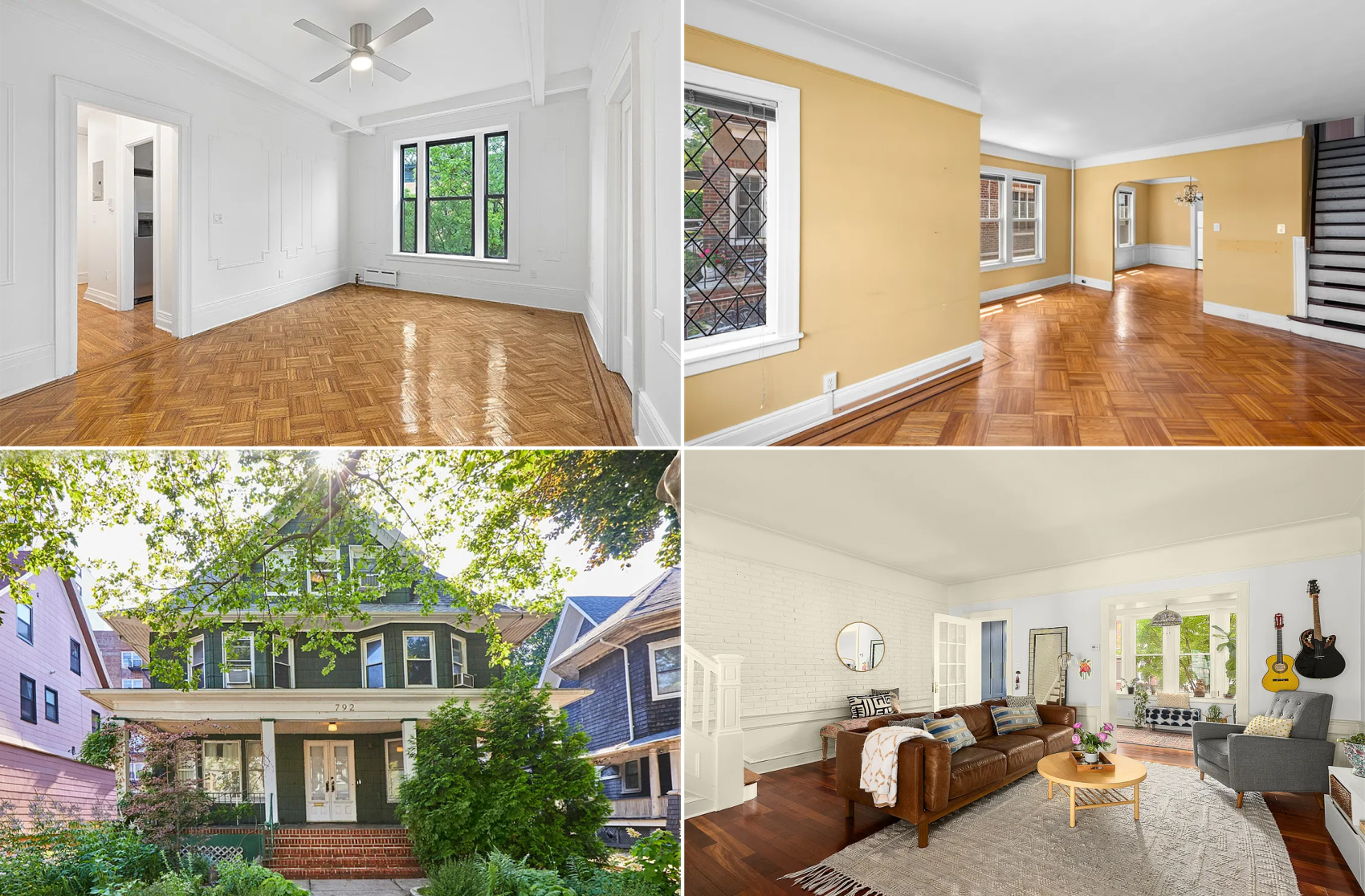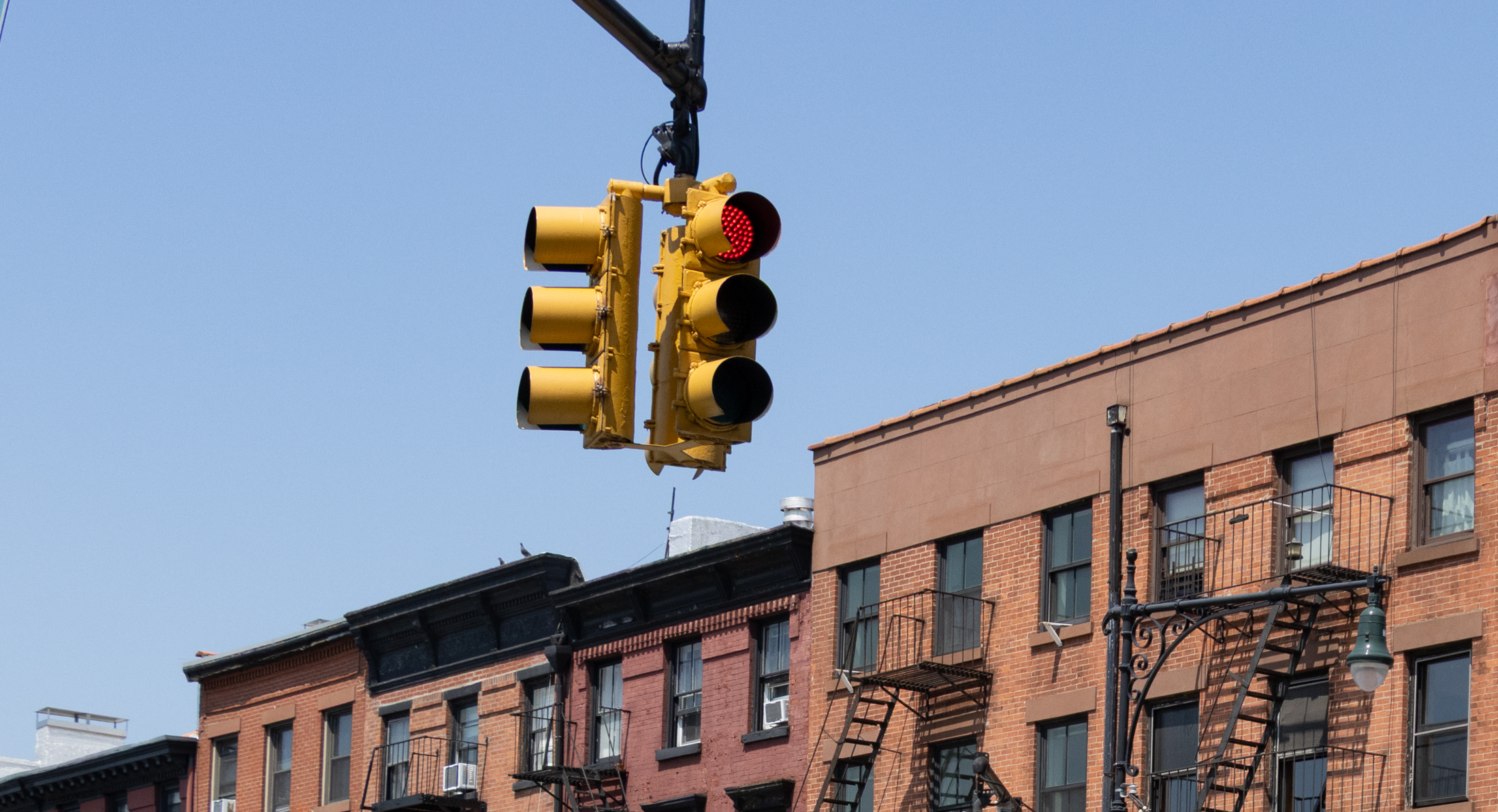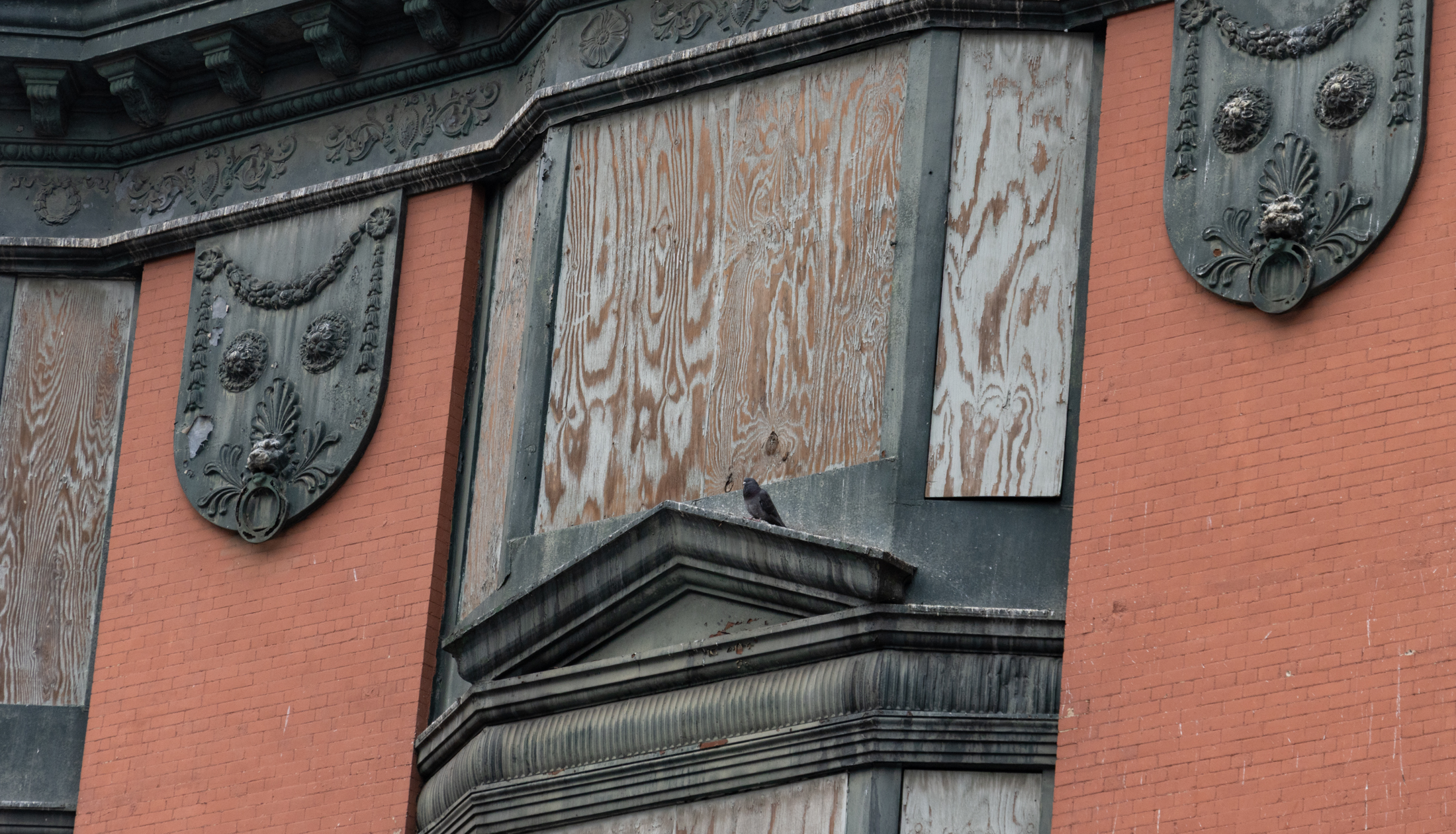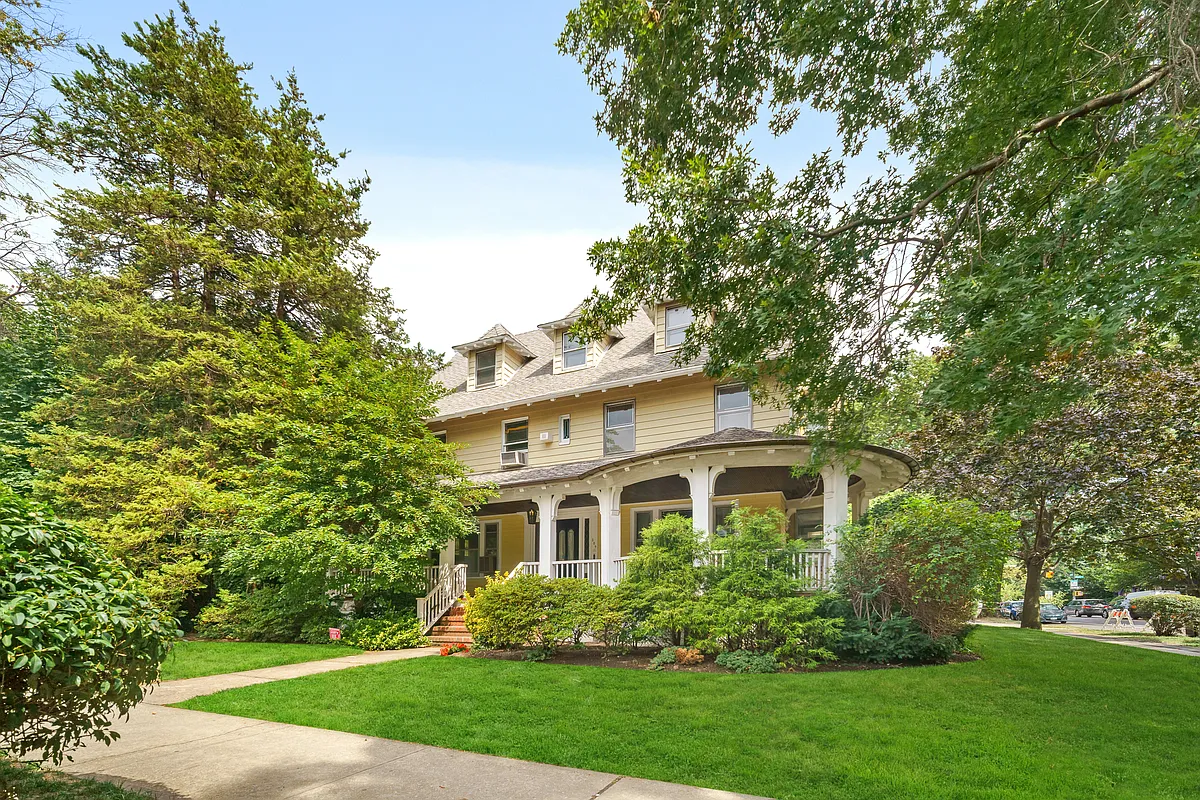'What's Wrong With Gentrification?' Asks New York Mag
This week New York Magazine takes a view on gentrification that is, if not contrarian, at least a little controversial. (The article follows a similar one in the semi-annual magazine n+1). As will come as no surprise to most readers, gentrification these days is treated as something of a dirty word. Why’s that? Mostly because…

 This week New York Magazine takes a view on gentrification that is, if not contrarian, at least a little controversial. (The article follows a similar one in the semi-annual magazine n+1). As will come as no surprise to most readers, gentrification these days is treated as something of a dirty word. Why’s that? Mostly because it conjures up associations of, as n+1 wrote, “the forced displacement of the urban working class by mobile, college-educated professionals.” This may be more myth that fact though: In his recent book There Goes the ‘Hood, Columbia urban planning prof Lance Freeman found that poor residents and those without a college education were actually less likely to move if they resided in gentrifying neighborhoods” and that “the discourse on gentrification has tended to overlook the possibility that some of the neighborhood changes associated with gentrification might be appreciated by the prior residents. In other words, the rehabilitation of an old house or the opening of an upscale bakery isn’t necessarily a zero-sum game in which the long-time residents are lose out. Not only that, claims the New York Magazine article, but gentrification is the only hope that many urban centers have of saving themselves: “The ailing cities that save themselves in the 21st century will do so by following Brooklyn’s blueprint,” the article says in closing. “They’ll gentrify as fast as they can.”
This week New York Magazine takes a view on gentrification that is, if not contrarian, at least a little controversial. (The article follows a similar one in the semi-annual magazine n+1). As will come as no surprise to most readers, gentrification these days is treated as something of a dirty word. Why’s that? Mostly because it conjures up associations of, as n+1 wrote, “the forced displacement of the urban working class by mobile, college-educated professionals.” This may be more myth that fact though: In his recent book There Goes the ‘Hood, Columbia urban planning prof Lance Freeman found that poor residents and those without a college education were actually less likely to move if they resided in gentrifying neighborhoods” and that “the discourse on gentrification has tended to overlook the possibility that some of the neighborhood changes associated with gentrification might be appreciated by the prior residents. In other words, the rehabilitation of an old house or the opening of an upscale bakery isn’t necessarily a zero-sum game in which the long-time residents are lose out. Not only that, claims the New York Magazine article, but gentrification is the only hope that many urban centers have of saving themselves: “The ailing cities that save themselves in the 21st century will do so by following Brooklyn’s blueprint,” the article says in closing. “They’ll gentrify as fast as they can.”
What’s Wrong With Gentrification? [New York Magazine]
Photo by kathyylchan





GoGoMrPoPo (my word that’s a mouthful!), well said.
Cities aren’t healthy without an economic mix and one of the things often forgotten is that when it comes to service industries, restaurants, contracting businesses, cashiers, etc- al the people who help make things run say to say- they aren’t rich. They’re necessary- yet they are forced further and further out. The implications of losing the working class are far-reaching, but those who concentrate only on the wealthy don’t see this. Expecting an office cleaner to travel 2 hours each way because they can no longer afford a neighborhood closer in, is not only unreasonable, it’s shortsighted.
But how we address this, I wish I had some answers. But the assumption that gentrification is some sort of entitlement for those with money, is no answer at all.
However those two options are about as far out on the lunatic fringe as I’ve ever heard!!!
I call straw man, crazypants. Those are decidedly not the only two options.
“who says we do not try to mitigate the effects of capitalism or change”
Not me. I wasn’t clear if that’s how my post was interpreted. I was trying to argue for the use of institutions and resources to mitigate the effects of change, or, rather, to continue to use institutions and resources to mitigate the effects of change. But, whereas in the past those institutions and resources were generally used to protect the interests of white middle/upper class property owners, we should try to strike a more equitable balance between property rights and community needs. In the end, everybody wins if we get social and economic diversity in functional neighborhoods and communities.
In a nutshell, in the 60’s/70’s, housing policy and the autmobile led most wealthy white people to flee the city for what was, at that point in time, the American Dream, in the face of racial tension and social unrest in America’s urban centers. Now, wealthy people (let’s be clear and honest, white people are not the sole drivers of gentrification in this day and age) see the cosmopolitan life, with its culture, sophistication and its Whatever You Want Right At Your Fingertips, as a new narrative of the American Dream, and are choosing to live in cities again. Here’s where the inevitability of change comes in – it’s going to happen because people with money want it to happen, but hey, why don’t we see if we can guide it in a way that doesn’t supplant longstanding communities and displace the lower and middle classes? It might not work, and there may even be unintended consequences, but in the end I think it’s the right thing to do.
I agree w/ the sentiment of MM and others who would like to see neighborhoods such as CH retain a lot of their “character” and “charm” but as JPD says, realistically speaking there’s only one way to do it – and that’s across the board price regulation and rent-control and stabilization.
There is no mechanism in place to stop someone from selling/renting their property to another who is willing to pay more. And that’s the crux of gentrification. That old-timer who bought their CH brownstone w/ all original details eons ago for $40K and has maintained it beautifully – there’s a long line of people out there who would pay upwards of a million dollars for that property.
To retain charm and character there would have to be
1) a neighborhood review panel who vets your prospective buyers for appropriate fit,
2) said review panel would have final say in who purchases your property and at what price – so if the panel thinks the “real” working-class family of four who can only offer $150K for your brownstone is better match for the neighborhood than some Wall Street family offering $1M, then you’re shit out of luck.
Or even a simpler solution – every apartment currently being rented in NYC, be it in an owner occupied 2 family or a 300 unit behemoth – is immediately rent controlled. That would in effect freeze neighborhoods as they are.
Is either scenario really what we want?
Not any more you don’t. You sold it to the Bump people and opened up Knock.
And i saw you there Saturday evening.
daveinbedstuy, I own the place!
I know rob- it was just so much fun to intimidate and threaten you 🙂
i was totally kidding with that last remark bxgirl, but im sure you know that. besides, most real art created doesnt sell for millions of dollars. that’s just phoney baloney high pollutin crap for dealers and museums
*rob*